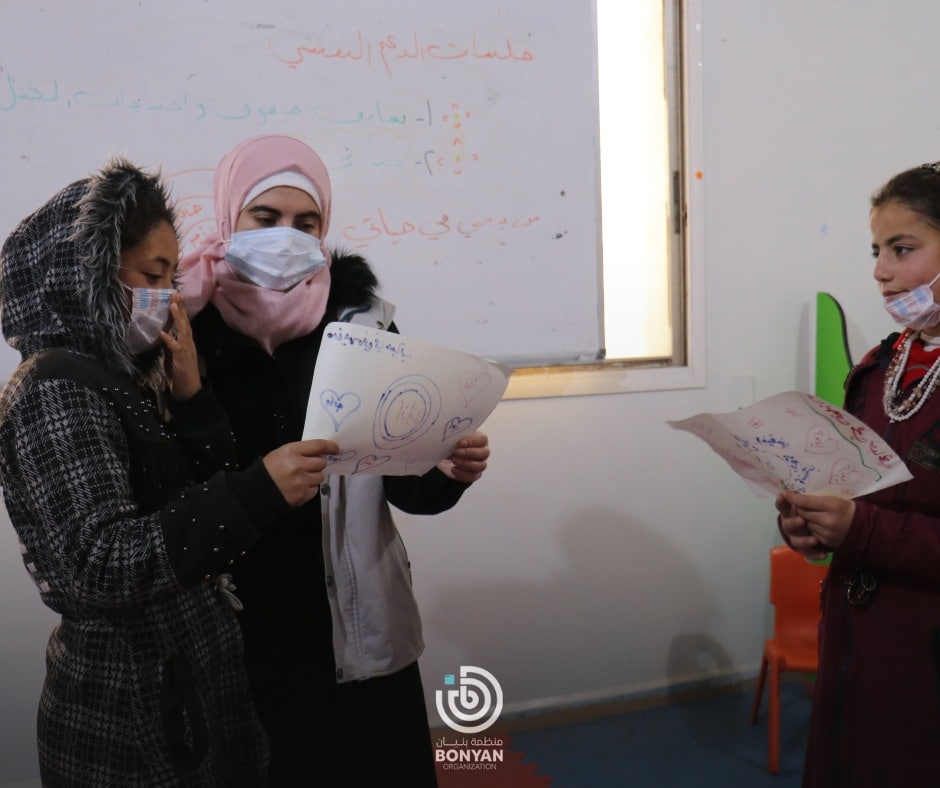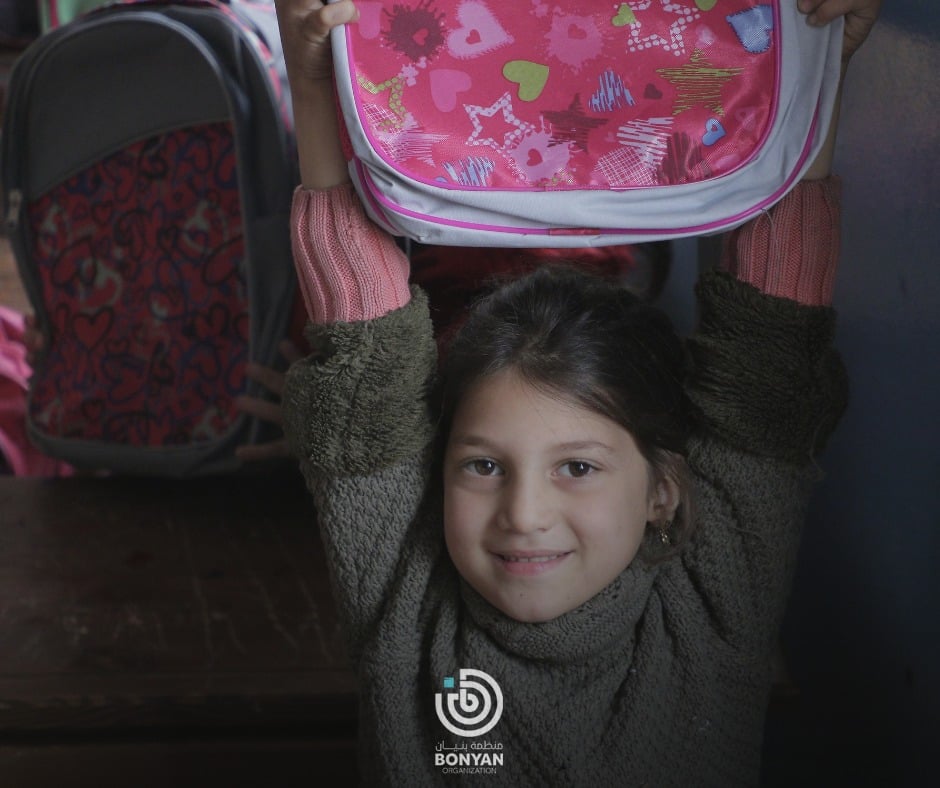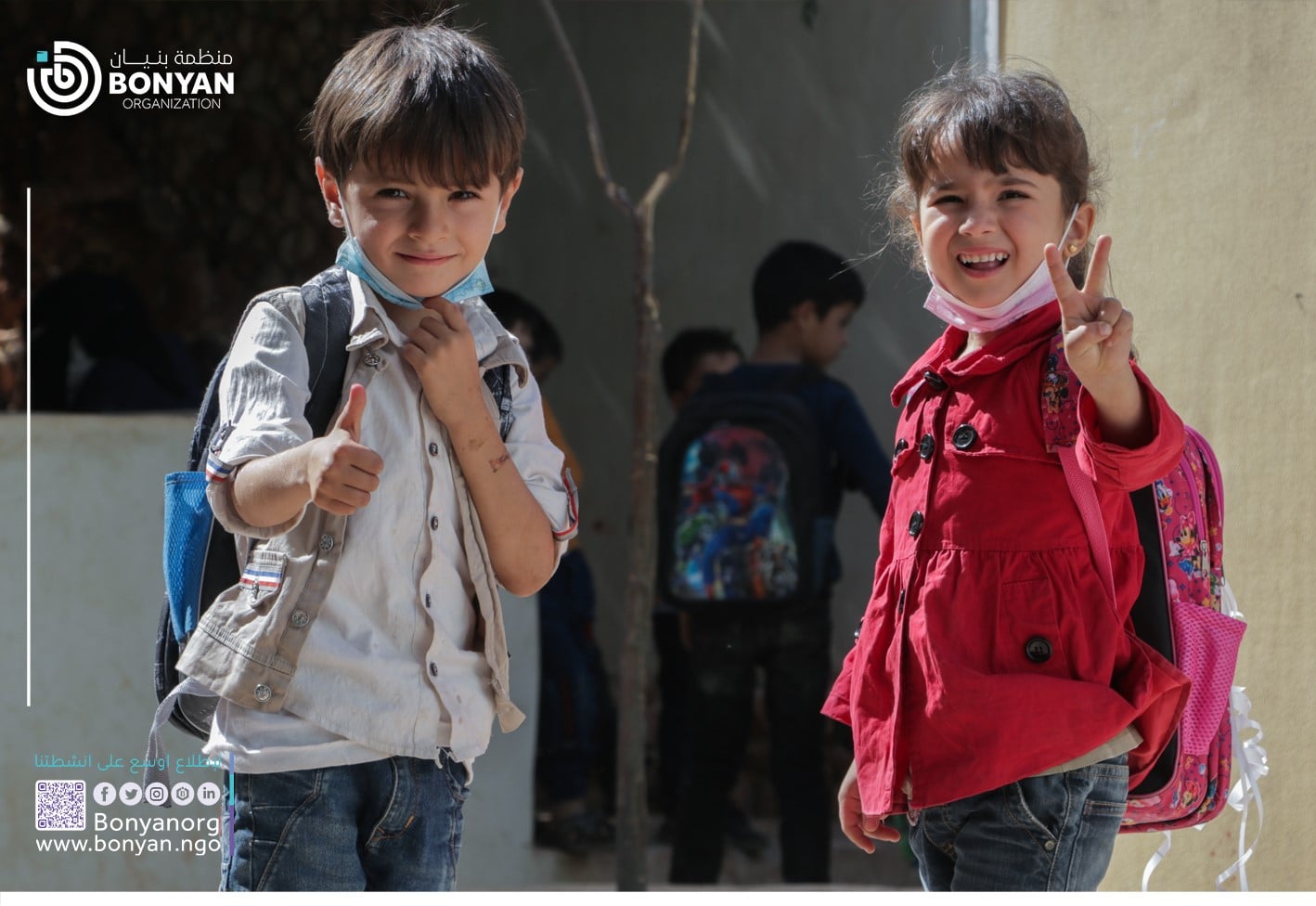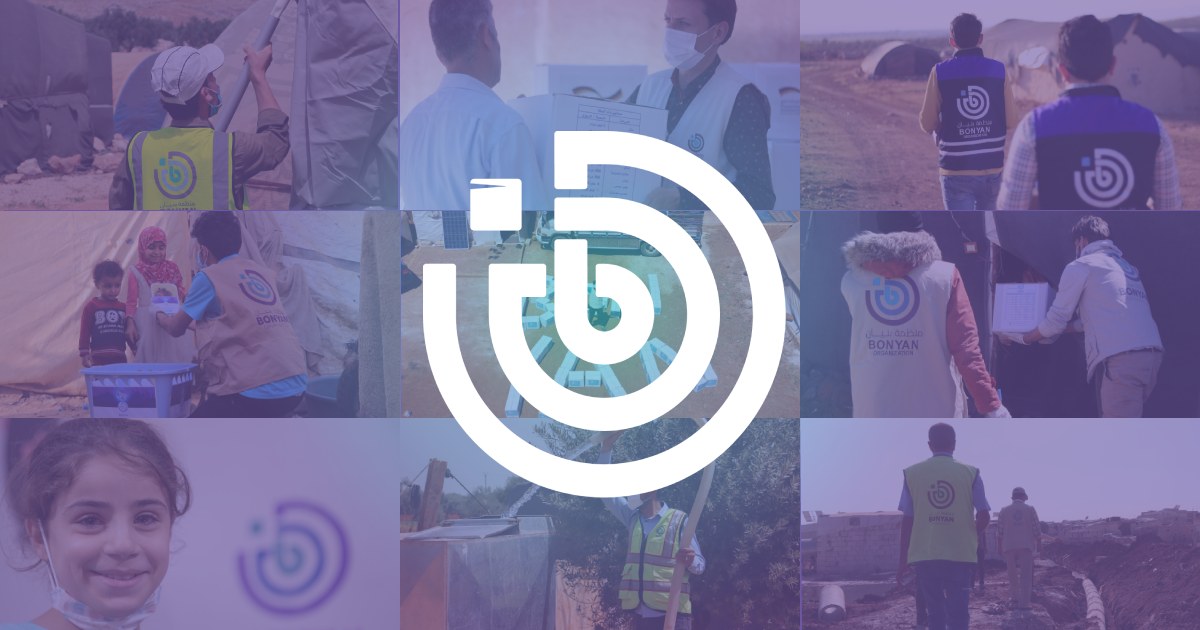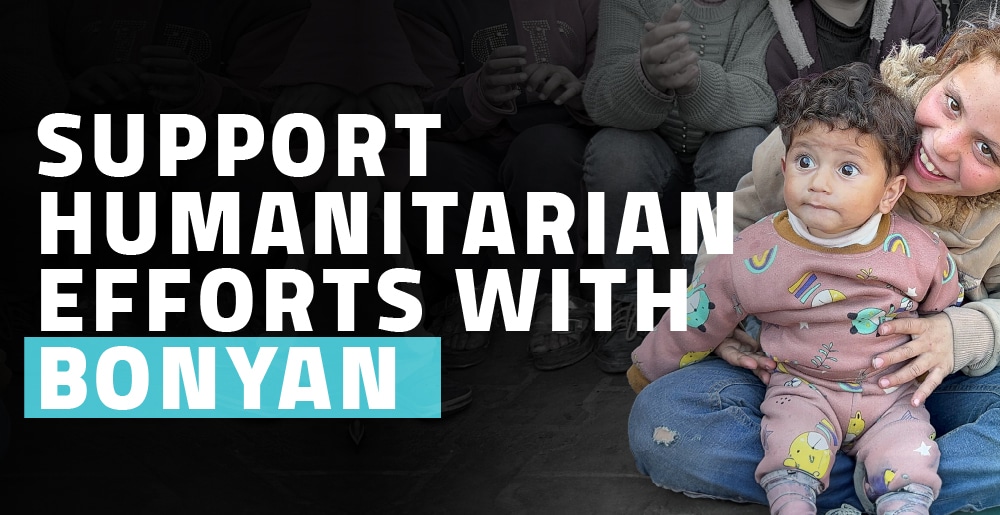At Bonyan, we firmly believe that education is not a privilege but a fundamental right, especially for the children of conflict-ridden regions in the Middle East and Africa.
Our Education Program creates a safer and more secure environment, enriching their lives through enhanced educational services.
Our Goals
Creating Safe Learning Spaces:
Providing a safe, protective, and healthy learning environment for conflict-affected children, teachers, and educational personnel.
Enhancing Educational Quality:
Elevating the quality of educational services through formal and non-formal education, technical and vocational training, and teacher capacity building.
Making an Impact
We are dedicated to facilitating a positive educational experience for children and communities. Our activities encompass a wide spectrum:
1- Access to Education
Offering formal and non-formal education, technical and vocational training, and incentives for teachers and educational actors.
Ensuring inclusive education by enhancing schools’ capability for children with disabilities.
2- Quality Education
Capacity building for teachers through training, coaching, and monitoring.
Integration of protection aspects into education by providing structured psychosocial support and life skills.
3- Community Engagement
Engaging caregivers and organizing back-to-learning campaigns and Parent-Teacher Associations (PTA) meetings.
Promoting school-based community awareness campaigns and supporting adolescents and youth community initiatives.
Future Endeavors and Strategy
Formal Education Support: Intensifying our support for formal education to strengthen the educational foundation of the community.
Community Engagement: Building on community engagement to ensure active involvement and support for education.
Early Childhood Development (ECD): Integrating ECD into all educational projects to lay a strong foundation for lifelong learning.
Celebrating Milestones
Innovative Approaches:
Pioneering the introduction of the Japanese soroban calculation method and special curricula for non-formal education.
Empowering Teachers:
Developing unique methodologies for coaching, teacher development cycles, and school administrators.
Fostering Inclusivity:
Leading in integrating children with disabilities into learning spaces and capacitating school staff to support them.
Join us in our mission to empower minds and transform lives through education. Your support paves the way for a brighter, educated tomorrow for the children of these regions.







